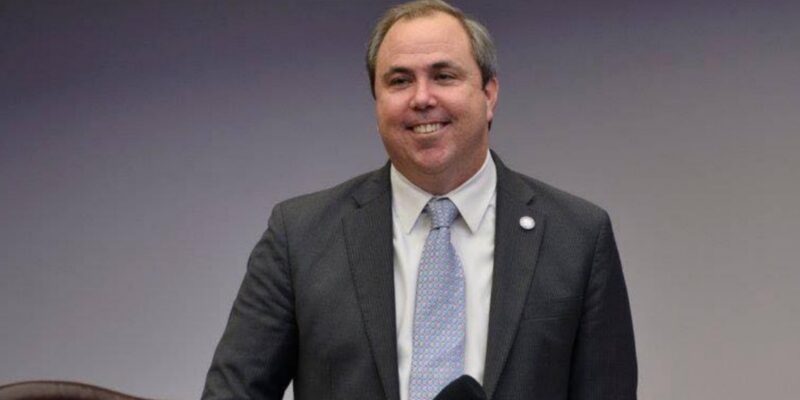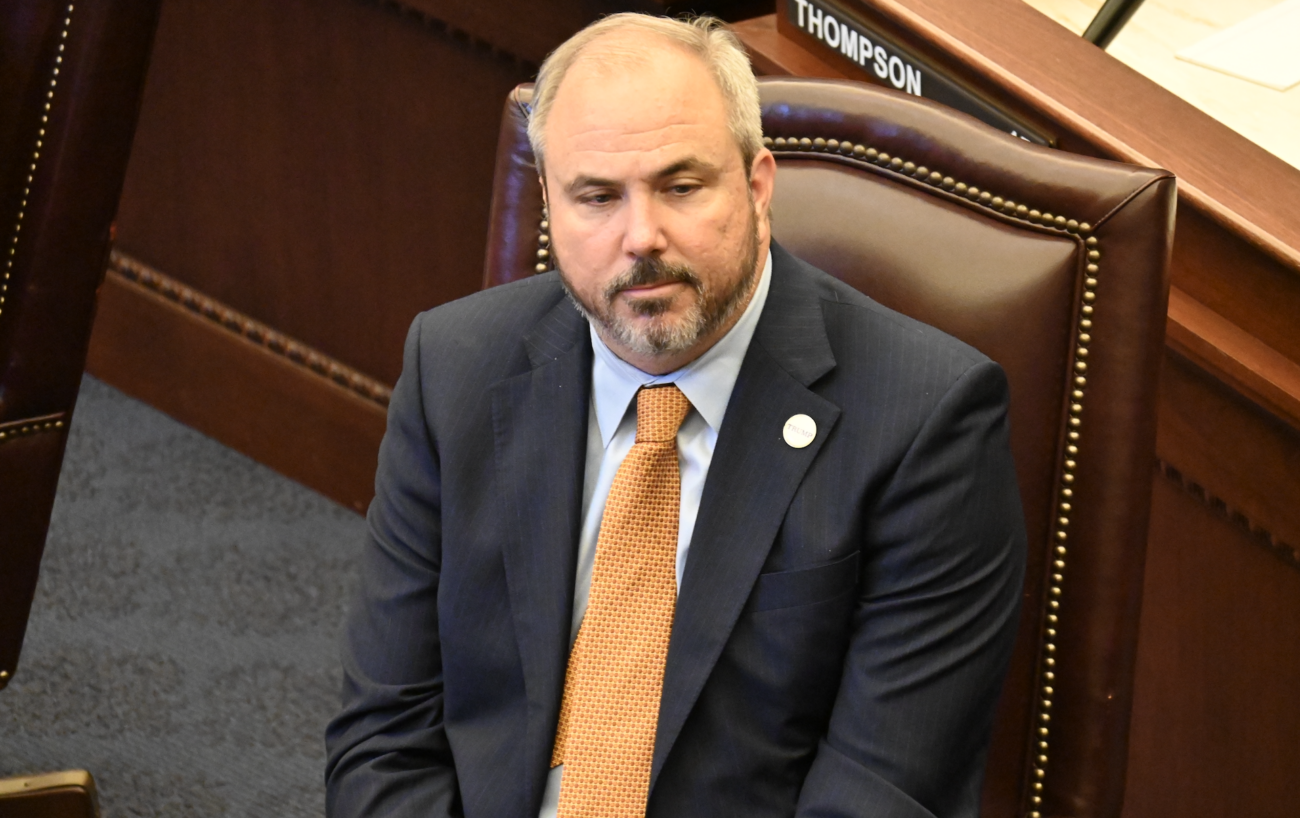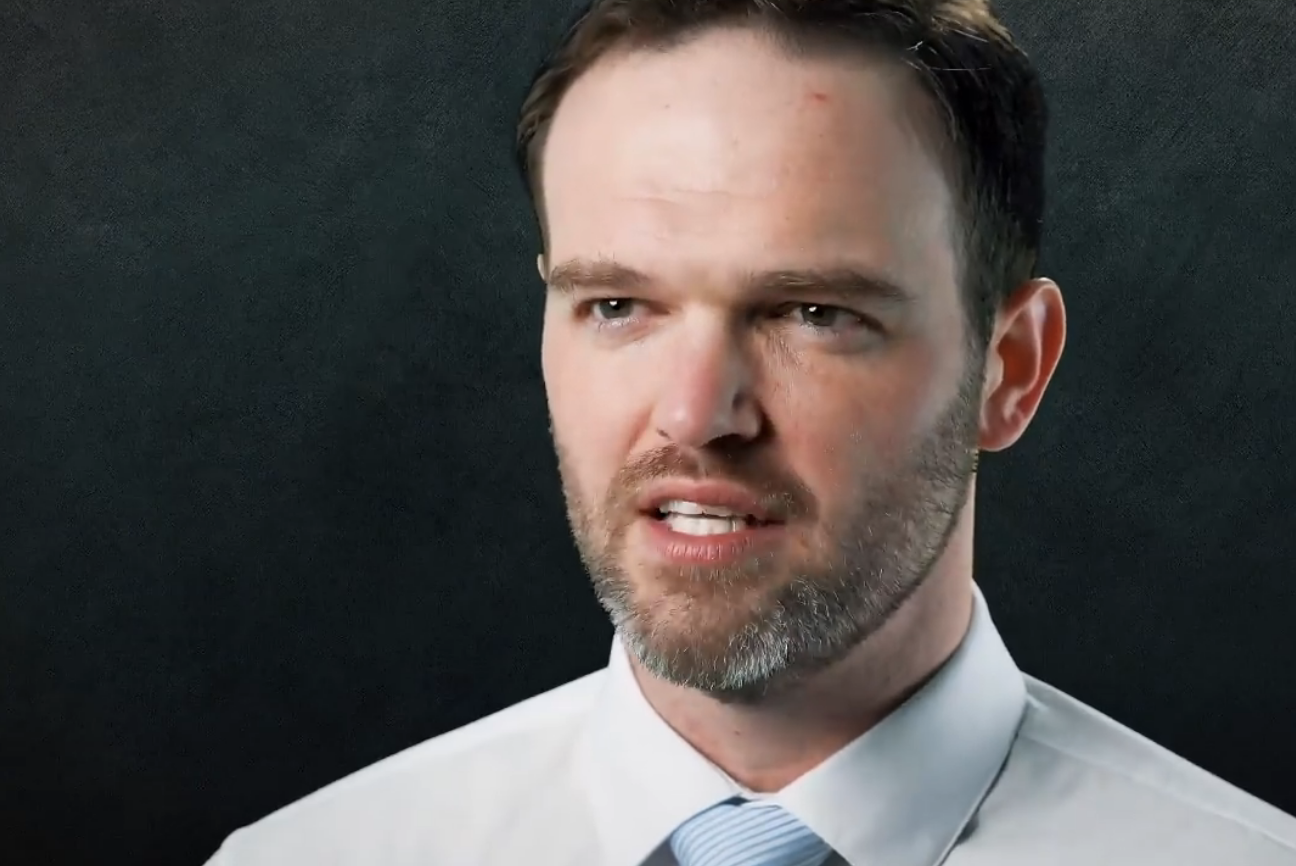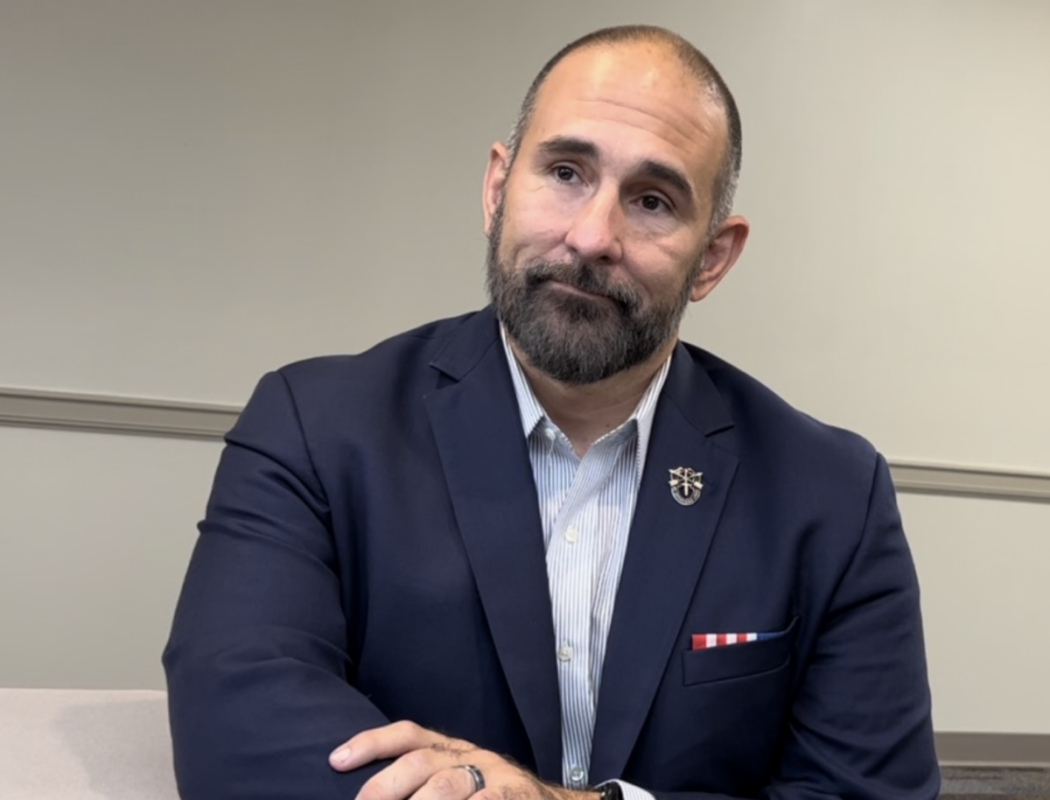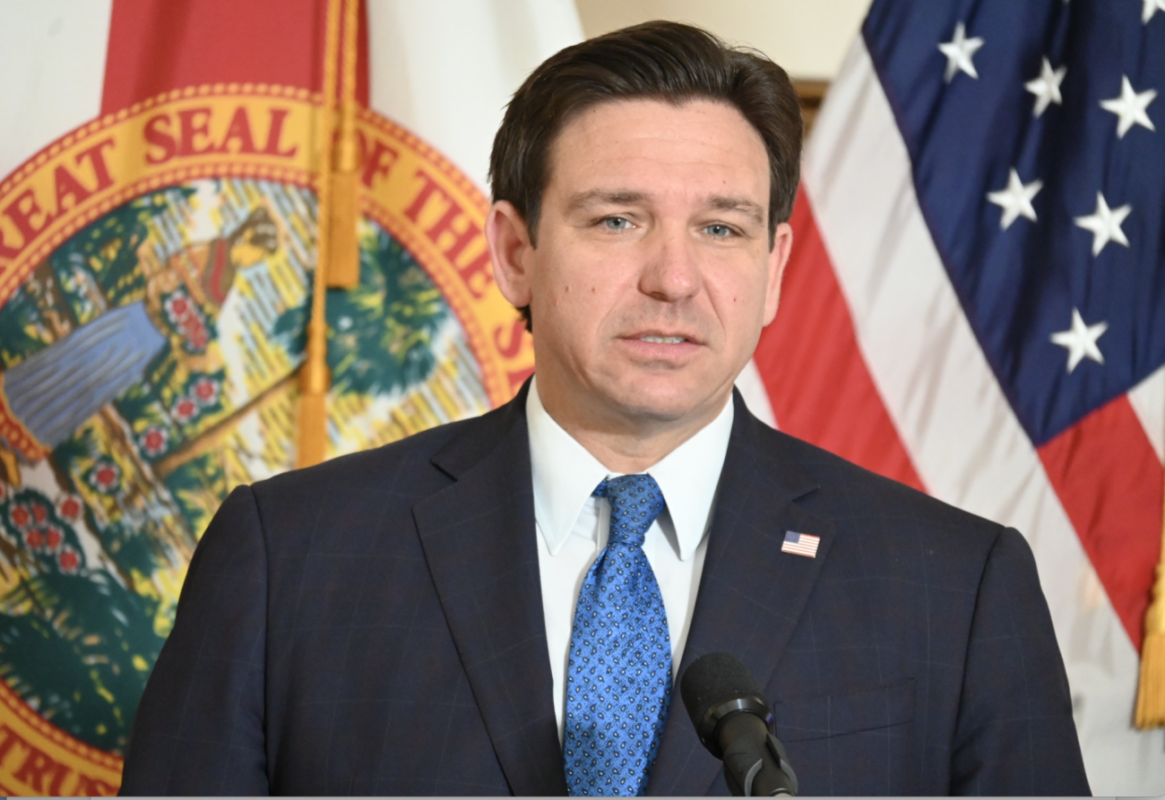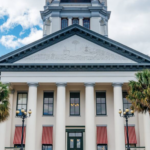When Gov. Ron DeSantis tasked the Republican-led Florida legislature to bring him a “Big Tech” piece of legislation that he could sign into law that would punish social media companies for de-platforming or canceling individuals who decide to run for public office, little did the governor know that the legislators would introduce legislation that had more bark than bite.
The Floridian reported last week that Rep. Blaise Ingoglia’s Transparency in Technology Act (HB 7013) did not contain the amendments needed to effectively penalize Big Tech giants like Facebook and Twitter because the amendments in question were scrubbed from Ingoglia’s bill or never attached to it.
Ingoglia has been accused of being responsible for not filing those amendments to his bill, but Senate Bill 7072, which was filed in the Governmental Oversight and Accountability committee just last week, appears to be just as weak as HB 7013.
SB 7072, like HB 7013, is also missing the amendments in question.
Will the amendments be introduced in either chamber over the next few weeks?
That’s a big question, but an even bigger question is, why did it take the Florida Senate two months to comply with DeSantis' request?
Sources tell The Floridian that lawmakers are rumored to be revisiting the amendments that were originally scrapped, but with 3 weeks until the 2021 legislative session ends, there is a lot of doubt about whether legislators will do anything substantive to bolster either bill.
Republican Party of Florida Chairman and State Rep. Joe Gruters (pictured) filed his SB 1266, or the “Stop Social Media Censorship Act” back in 2020, so why didn’t he file the companion bill to Ingoglia’s 2021 measure?
Could the rift between Gruters and DeSantis still be hampering unity efforts within the Florida Republican Party, and if DeSantis signs a weak bill, how bad will it look for him going into the 2022 mid-term election where DeSantis could face a strong reelection challenge from Florida Democrats?
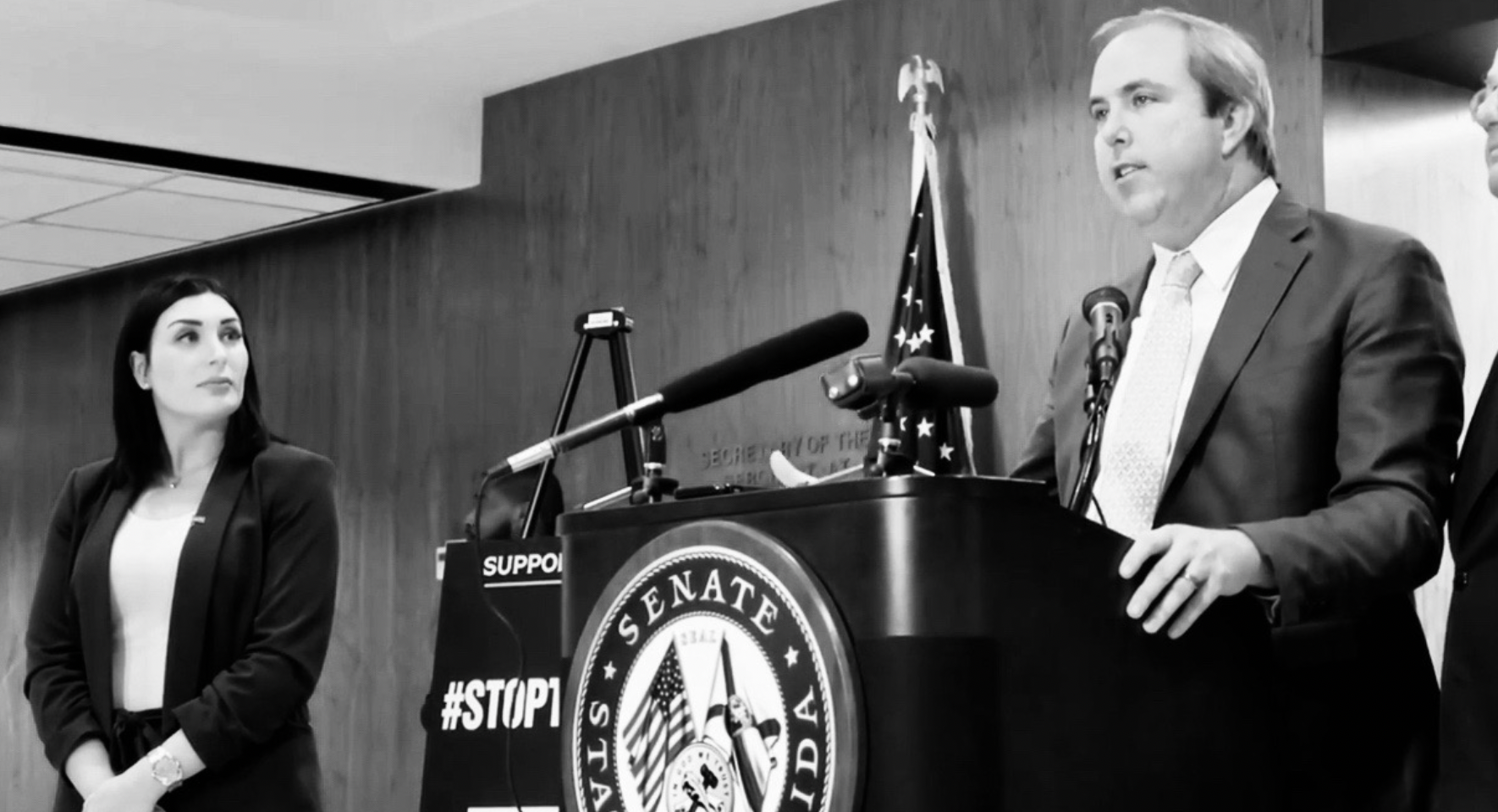
Considering that he has already been censored on Youtube and that he is a prime target for progressives and the “cancel culture” in the United States, DeSantis could very well find himself completely censored after everything is said and done, if measures aren’t taken by House Speaker Chris Sprowls and Senate President Wilton Simpson to strengthen bills that were supposed to protect candidates for office.
Conservatives and Republicans alike saw this potential legislative action as a teed-up homerun for DeSantis, but from the looks of it, it could end up being called a third strike.
The Florida Legislature is on the clock, and Floridians are watching closely to see if Republicans will drop the ball at the close of session.

